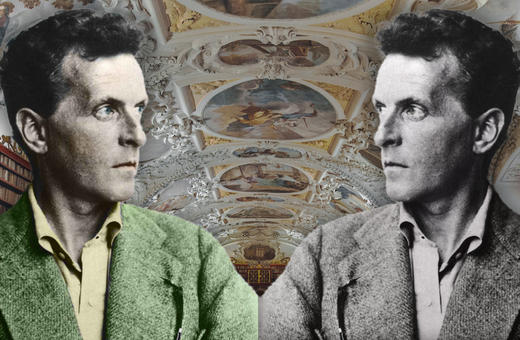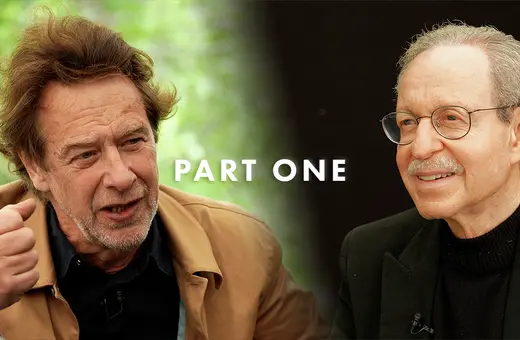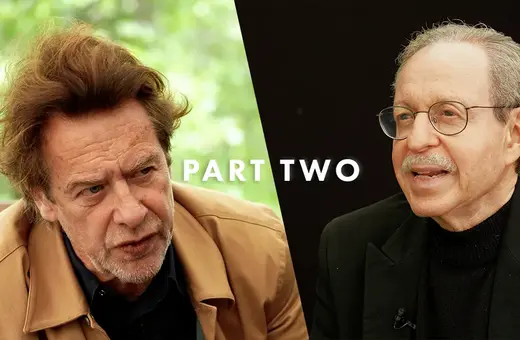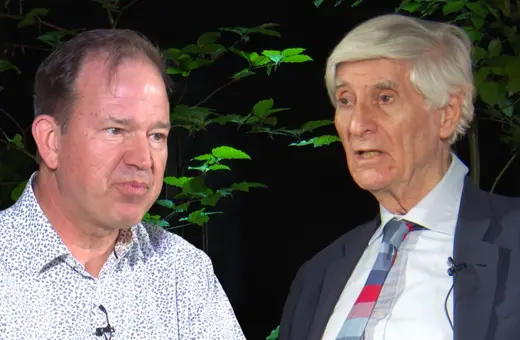Saul Kripke passed away earlier this year. His work changed philosophy forever. Inspired by Leibniz’s possible worlds, he ushered in the return of metaphysics, while remaining very much with his feet on the ground, writes Timothy Williamson.
Saul Aaron Kripke was born on 13th November 1940 and died on 15th September 2022.
The stereotype of a philosopher is an old man with a long beard. Saul Kripke made world-leading contributions to philosophy and logic as a teenager. It was the starting-point for his most distinctive later work, which gave philosophers a new framework to think in.
Kripke’s first breakthrough came in modal logic, the branch of logic concerned with structural principles about necessity and contingency, possibility and impossibility. In English, such matters are expressed by everyday modal auxiliary verbs like ‘can’ and ‘must’; a language incapable of making such distinctions would be radically impoverished. The study of modal logic goes back at least to Aristotle. When we accept the inference from ‘It can’t happen’ to ‘It won’t happen’, but reject that from ‘It can happen’ to ‘It will happen’, we are already doing simple modal logic.
 SUGGESTED READING
The impotence of reason
By Lori Gruen
SUGGESTED READING
The impotence of reason
By Lori Gruen
Logicians want a more systematic, rigorous approach to classifying arguments as valid or invalid, rather than just relying on vague impressions of plausibility. More specifically, they want to define a range of models of how things are against which they can test an argument, to see whether its conclusion really follows from its premises. A counterexample to an argument is a model in which its premises are true but its conclusion false, where following the argument leads you astray. An argument to which there is such a counterexample is invalid. An argument to which there is no counterexample is valid; following it never leads you astray. Having defined this clear standard of validity, logicians want to codify the valid arguments in a given language by providing basic principles from which all the valid arguments—and no invalid ones—are derivable. If such a system of principles exists, it is both sound, because only valid arguments are derivable in it, and complete, because all valid arguments are derivable in it.
By the 1950s, an appropriate range of models had been defined for elementary non-modal logic, for which standard systems of principles had been shown to be sound and complete. But no one knew how to extend those results to modal logic. There were various systems of more or less plausible modal principles, but no corresponding idea of models against which their soundness and completeness could be tested. The challenge was especially acute for quantified modal logic, which combines modal operators such as ‘possibly’ and ‘necessarily’ with quantifier words such as ‘some’ and ‘every’, in combinations like ‘Every saint could have been a murderer’.
___
We must be willing to take the metaphysical questions at face value, and not treat them as really questions about words or concepts in disguise
___
That was the problem Kripke solved as a teenager. With mathematical rigour, he defined both a suitable class of models for a quantified modal language and a formal system for deriving principles of quantified modal logic, and proved his formal system sound and complete for those models. His approach was inspired by an equation of ‘necessary’ with ‘true in every possible world’, which goes back to Leibniz, though he—unlike Kripke—understood possible worlds as ideas in the mind of God, of which God actualizes only the best one.





















Join the conversation